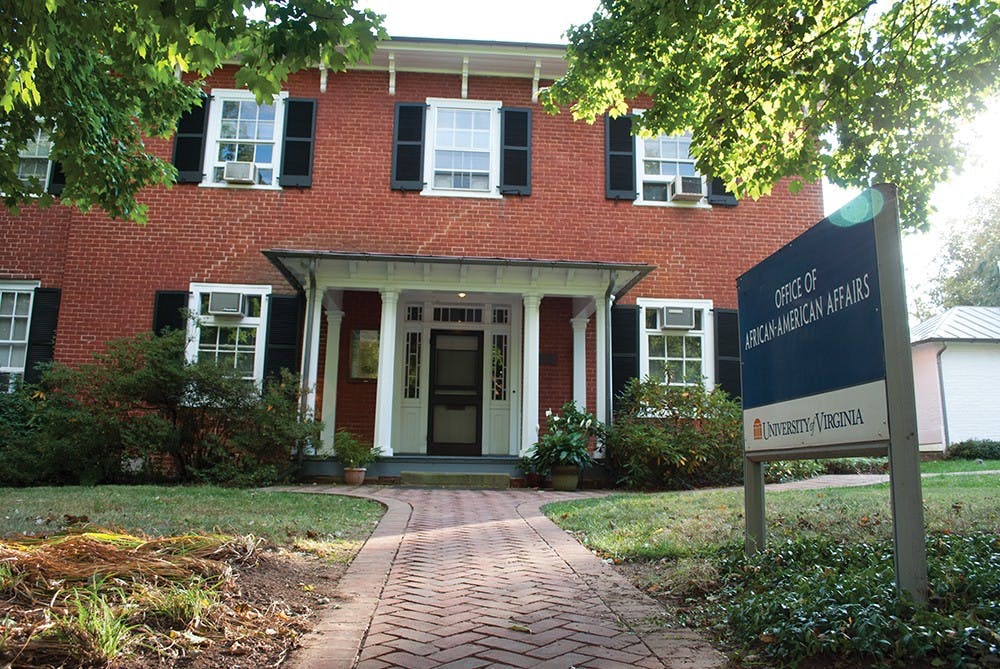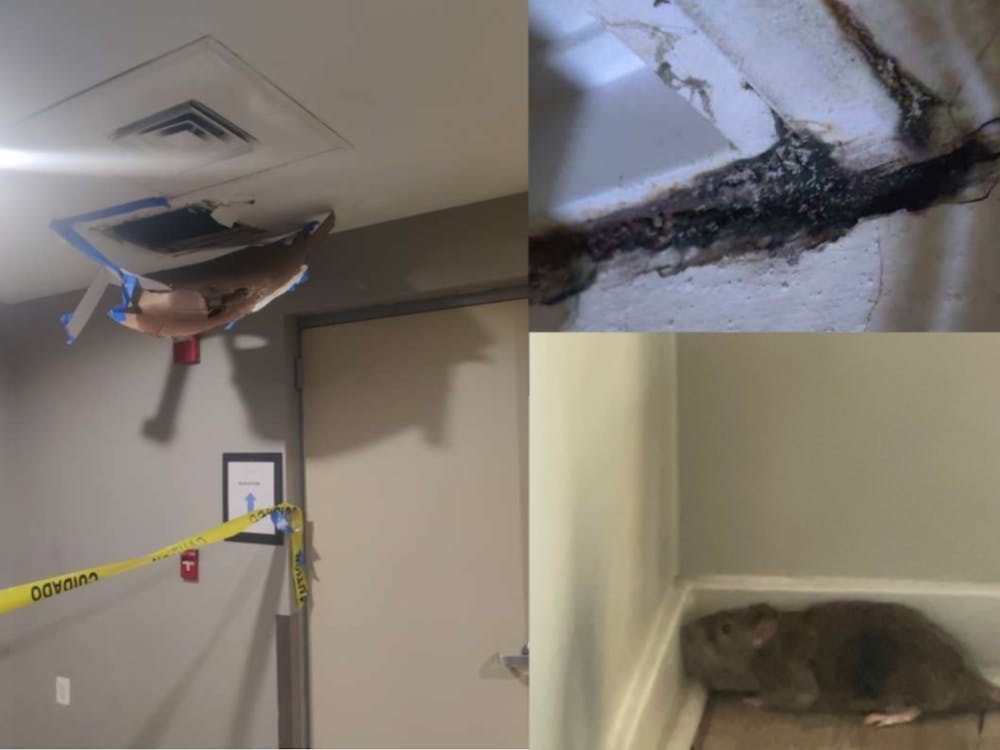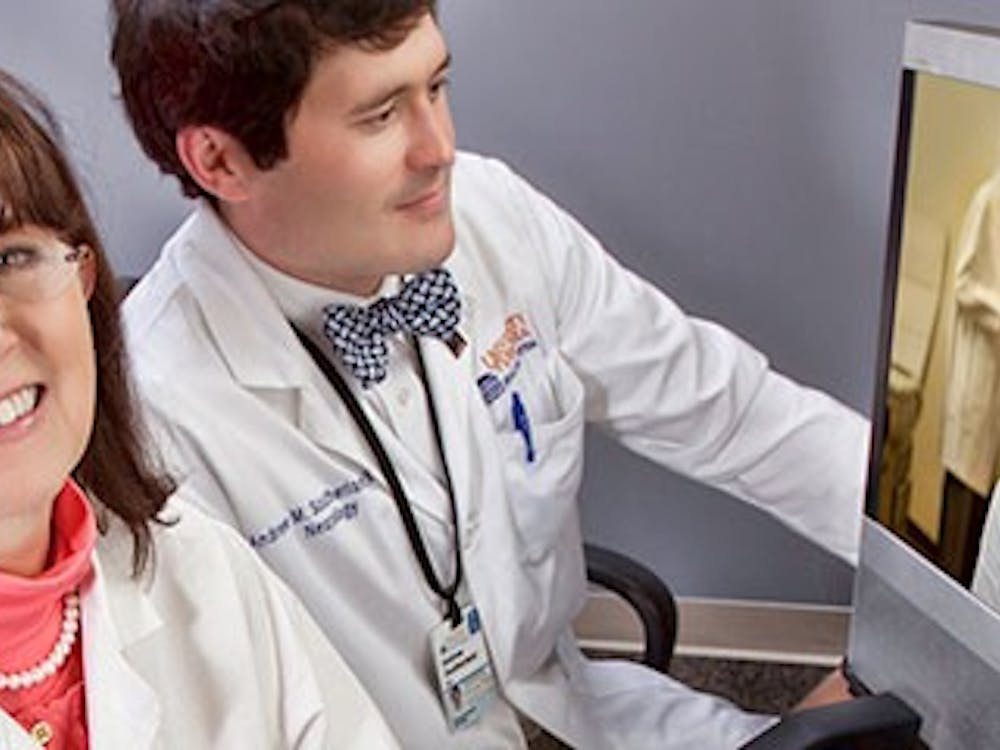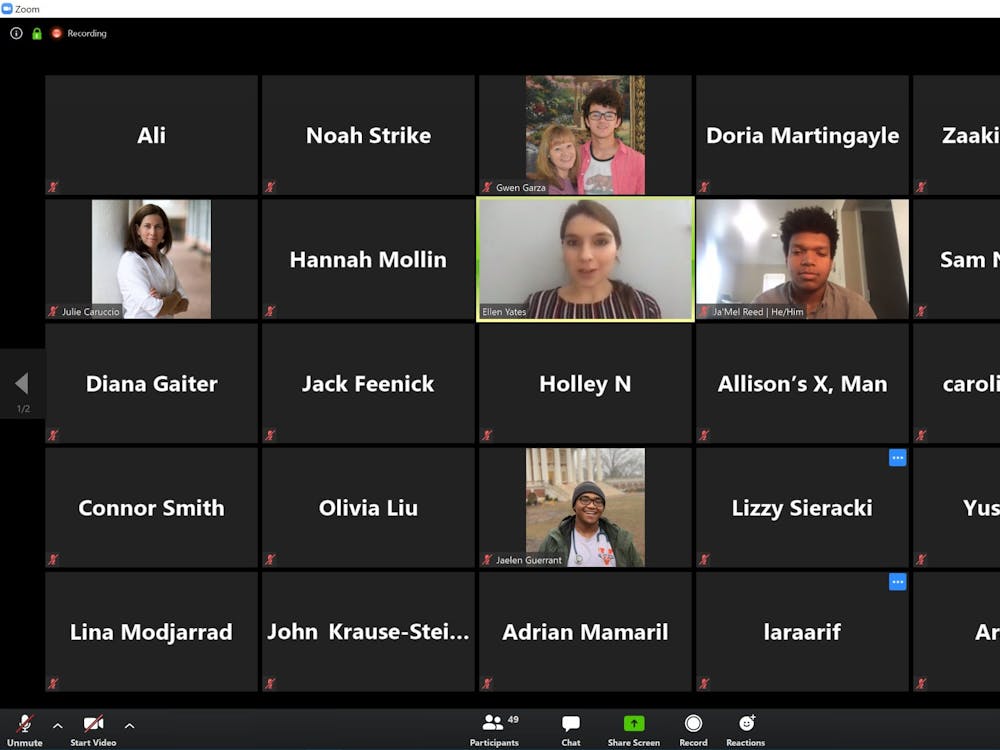At its most distilled, a university is the sum of its academic course offerings, so as new majors and minors develop while others disappear, many have called for a queer studies minor and an African studies major in order to realize a progressive vision of the University.
New majors, minors and coursework are, for the most part, driven by student demand and available faculty — two areas that queer studies have in abundance at the University. While the establishment of a LGBTQ minor in the near future looks favorable, the creation of an African Studies major does not look as promising, due precisely to the lack of these two things.
LGBTQ Studies:
Lesbian, Gay, Bisexual, Transgender and Queer studies are an increasingly popular area of study for students. While the University offers a Women, Gender and Sexuality major, it does not yet offer any type of concentration or minor exclusive to the study of sexuality. But many of the University’s peers, such as the University of North Carolina at Chapel Hill, Duke University and the University of Chicago, all have separate programs designed specifically for students who wish to study sexuality.
Because of the increasing efforts on behalf of students, alumni and current faculty, progress is being made to introduce LGBTQ studies to the University.
Charlotte Patterson, director of the Women, Gender & Sexuality program at the University and a Psychology professor, has been a central force in the development of an LGBTQ concentration in WGS.
“Students have been asking for courses in this area of sexual orientation,” Patterson said. “There has been a hope to expand and draw these curricular offerings together to create a minor area or track and focus on LGBTQ issues.”
Last year an introductory class entitled “Introduction to LGBTQ Studies” was offered through the WGS department as an experimental course to gauge interest in the field.
“You have gay students that are taking these courses, but beyond that there are many students who are not gay that are taking these courses,” Patterson said. “Lots of other people are interested in these classes because it may be relevant to their understanding or plans in their future work. Perhaps they may have a family member or friends who are LGBTQ and this can be very relevant. This is why there is such enrollment pressure.”
Because of the high enrollment and demand, the class will be offered regularly to students starting this semester.
Queer Student Union Co-Chair Blake Calhoun, a third-year College student, took the experimental introductory course in LGBTQ studies last year.
“Currently WGS is mostly focused on gender and sexuality,” she said. “WGS always talks about LGBTQ issues, but only as a tangent and this class was completely focused on sexual orientation.”
In addition to students and faculty support, the expansion of LGBTQ studies has a great backing from alumni associations, like the Serpentine Society, an alumni group which advocates for the interests of LGBTQ individuals at the University.
Meghan Faulkner, Curry School of Education graduate and staff member on the LGBTQ Committee, is a current member on the board of the Serpentine Society and spoke on its support for a new program.
“The Serpentine Society fully supports the expansion of course offerings at U.Va in LGBT/Queer studies, and the eventual creation of a minor and/or major in the area,” Faulkner said. “The growth of LGBTQ scholarship across disciplines in recent years has been rapid, and an academic program focused on LGBTQ issues would provide a great answer to the increasing student demand the WGS program and other programs have seen.”
Other board members, including J.B. Mayo Jr. are also ardent supporters of the expansion of LGBTQ studies. Mayo is a graduate of three University schools and the current chair of the LGTBQ Studies Committee at U.Va.
“U.Va. is unfortunately far behind other institutions as a highly intensive research institution especially if you look at other research universities across the country,” Mayo said.
Mayo is now a professor at the University of Minnesota, where there is a Gender, Women and Sexuality Studies Department in which students have been able to major in LGBTQ studies or queer theory since the early 1990s.
Both Mayo and Patterson agree that there has been a big push within the past five years from students demanding greater coursework in LGBTQ topics.That push has been met with interest, but the exact form the development will take is unknown at this time — it could be a concentration within the WGS department, a minor on its on or potentially a major in the future.
“One of things we are trying to do this year is to identify those courses that would be part of a minor,” Patterson said. “If we could draw together a list of those relevant courses and find a faculty member, then hopefully we will be able to teach these courses in the future.”
New faculty members were recently hired who will be teaching some of these courses, Mayo said.
Additionally, there is currently a search for a visiting faculty member to teach within the minor.
“It is an exciting direction for the University because this is part of a contemporary debate of our culture and world,” Patterson said.
African Studies:
Currently, students have the option of majoring in African American studies and African studies together or minoring in African studies alone, but do not have the option of majoring in African studies.
Students and organizations such as the Black Student Alliance and the African Studies Initiative have been pushing for the creation of an African Studies major for some years now. However, the Vice Provost of Global Affairs said the initiative had not reached their office, making it likely no major will be established in the foreseeable future.
Deborah McDowell, director of the Carter G. Woodson Institute for African-American and African Studies said “There is no African studies major emerging since we do not have the requisite number of faculty to mount such a major.”
Part of the creation of a new major involves having faculty that will teach the classes every semester and every year with some consistency.
“There is not a single African language taught at the university so I continue to ask what kind of African Studies major can we develop from such skeletal ranks,” said McDowell.
Further, a new major cannot be established if there are no numbers to defend the creation of the major. Unlike the over-enrollment and demand for the LGBTQ studies courses, there are currently only six students enrolled in the African studies minor.
“If you want to be able to make a case that is persuasive for a major, then you need minimally to have a minor that is over-subscribed,” McDowell said. “There is no argument for an African studies major if the minor is underrepresented.”
Third-year college student Edel Tessema, chair of the African Studies Initiatives, agreed with McDowell.
“Right now the reality of the situation with the University is that there is not enough space for an African Studies major because there is not enough faculty,” Tessema said. “There are not enough people or students interested in it to make it a reality in the short term.”
McDowell said the Woodson Institute is currently collaborating with the English department in search of a professor that will teach an African language.
As the University strives to enhance its global standing and develop its name in the international community, McDowell emphasized the necessity for Africa to be considered in this internationalization process.
“Can a University become truly international if its sites are focused primarily on Asia?” she said. “Now that U.Va is trying to become more globalized, we want African studies to be a part of that movement.”





